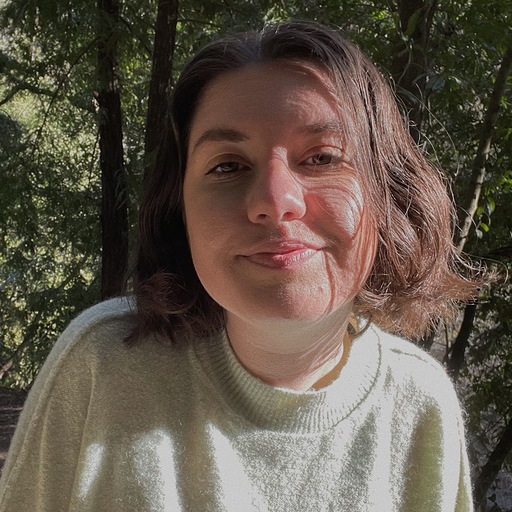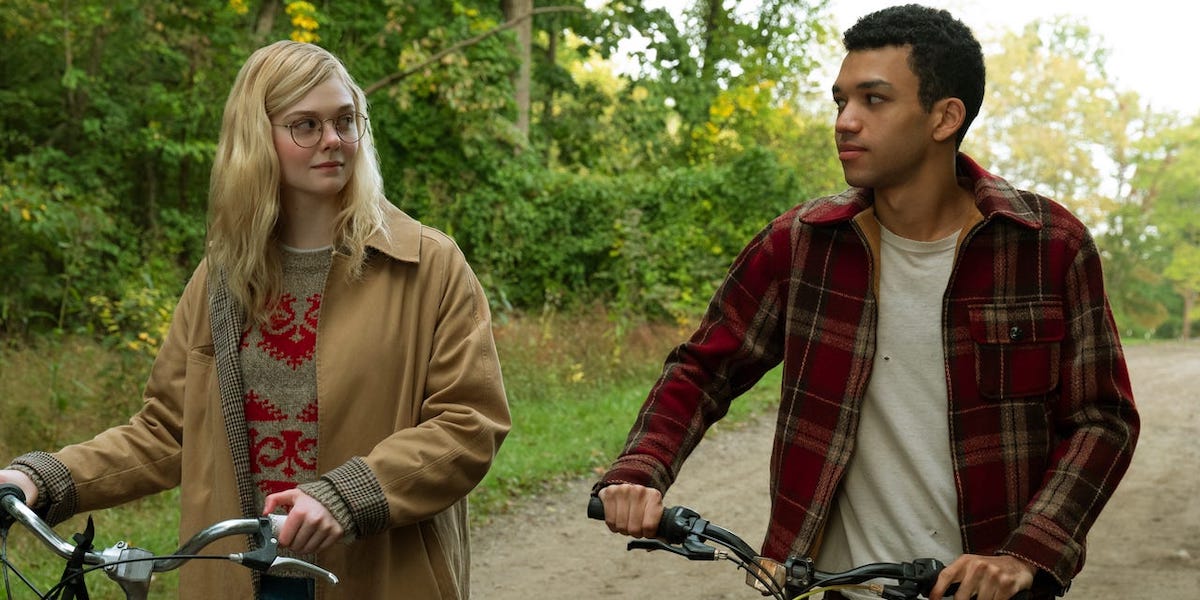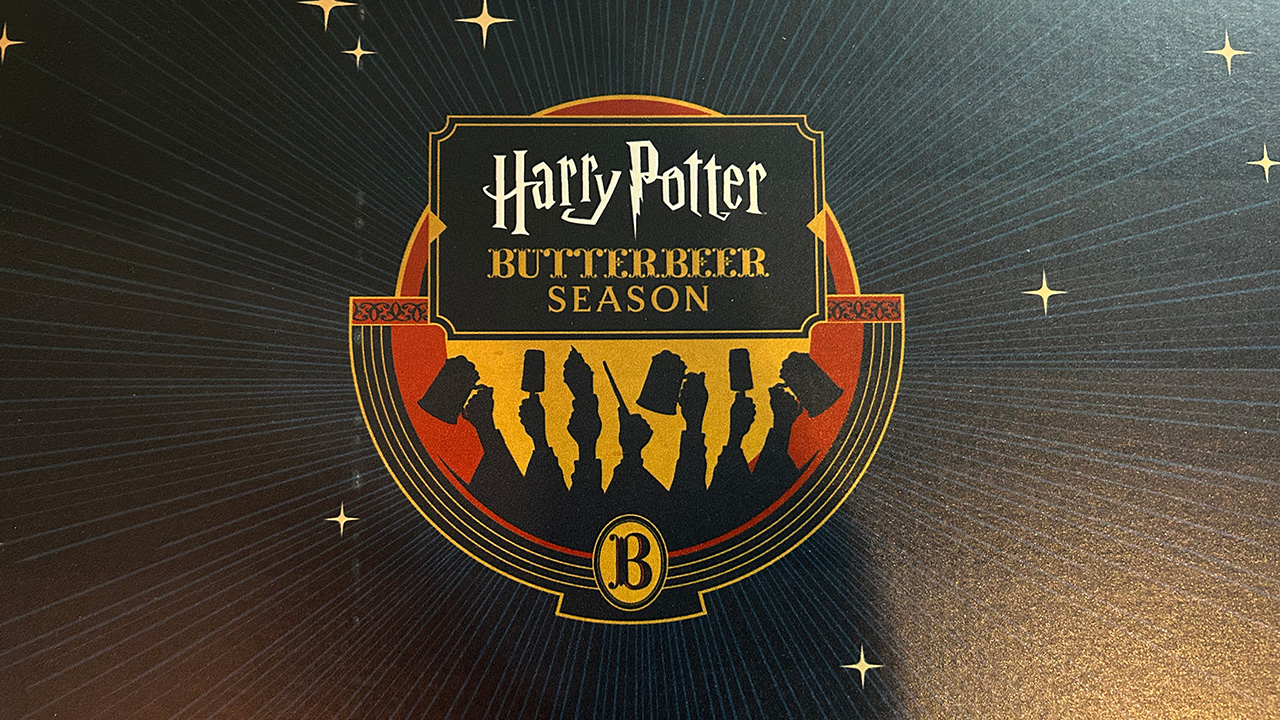Teen romance is often attractive to us as an audience because of its temporary value. Watching the awkward moments of a first kiss brings out nostalgia about the brand-newness of love. Embarrassing trip-and-fall meet cutes remind us about the once woes of a world much smaller than the “real” one. But then a movie like Brett Haley’s All The Bright Places comes along to stand up and say that high school is just as brief and fleeting as anything else – and moments can be just as weighty in its setting.
The latest Netflix film isn’t teen tropey and it doesn’t reach out to one specific generation through its charming and touching tale; it’s innately human, plain and simple. The bubblegum pop music that usually drones in the background of even the most dire romantic dramas about teens hasn’t been cast as a character here. It’s much more careful with its pep. Blends of silence, space and an epic orchestral score ripple in and out. That’s just part of what creeps up on you in All The Bright Places and makes it one of the best movies of its genre in recent years.
Based on the bestselling novel by Jennifer Niven, the story starts on a quiet bridge in Indiana. Justice Smith’s Theodore Finch is on his morning run when he sees Elle Fanning’s Violet Markey standing on a ledge. She’s in a complete trance of emotion until Finch calls her name and she snaps out of it. He doesn’t talk her down, but goes up with her, experiences the same rush and even challenges it by playfully reaching his leg to the sky. If you’ve seen 2018’s Hearts Beat Loud by the same director as All The Bright Places, you have a good impression of the sweetness you’re about to behold, but in this one, Brett Haley goes a step further.
Elle Fanning and Justice Smith both shine brightly from start to finish.
Theodore is then inspired to partner up with Violet for a school geography project about exploring places in Indiana. She doesn’t want to do it and she won’t even get into a car following the fatal accident that happened on the very bridge she stands at the edge of at the start of All The Bright Places. But Theodore doesn’t let up and the pair form an unlikely connection outside the confines of their high school and its hierarchies.
The casting is just perfect. Elle Fanning is known for her infectious giggles and overall cheeriness, but as Violet Markey, she’s straight-faced and serious. Justice Smith is a well-matched partner to her who seems to be there at first just to dare her to crack a smile with his snarky jokes and the quirky quoted sticky notes he hands her. There's immediately a pure nature about him that propels the story into something much deeper than another guy with a crush. There's also no manufactured leading man quality about him.
Watching their chemistry build organically is one of the great joys of All The Bright Places. The story is objectively starting at a depressing place, but it doesn’t feel cynical. Sometimes dramatic movies in movies can be the most funny, and because this movie is digging through dirt, once it hits a gem, the audience really feels it. All The Bright Places has a preciousness to it, and Elle Fanning and Justice Smith’s performances both apart and together are completely present and engaging.
Teen depression and romance are subjects often uncomfortably mixed on film, but All The Bright Places handles it just right.
It’s about mental health and it’s about depression, but it doesn’t put a label on it. In fact, there’s one scene specifically where a character is in a room full of kids who identify as bipolar and suicidal, and they themselves cannot pinpoint their own diagnosis. They just know they need help. In today’s world where more people are talking about these issues more than ever, there’s something powerful about them being illustrated through an experience and not a “this person has this and these are the symptoms.” Because for most, that’s how they’ll live through it. All The Bright Places reaches into the gray areas of love, loss and mental illness in such profound, yet subtle ways.
It’s not preachy, a PSA or an after school special. All The Bright Places just is what it is. Watching this movie has the same unique power to have a healing quality about it. The movie has the blueprints of being damaging or perpetuating the sadness of its characters under another direction, yet it comes across softly powerful instead. Unlike other films of the genre, it doesn't feel like director Brett Haley is pushing emotional punches telling you to “feel.” He’s gently pulling you into a warm embrace that you didn’t know you needed until you’ve found yourself in its arms.
All The Bright Places feels effortlessly affecting and it has a timeless story to tell.
It’s pretty incredible how many ideas All The Bright Places explorex in under two hours, and greatly between Violet and Finch. It never feels that way when it’s happening. It’s the kind of movie you’ll sit back and think about later – maybe much like our own relationships. While on the surface it’s about the connection between two people, it also discusses two separate experiences in the process too. It’s about how damaging falling in love can be when you haven’t yet found peace with yourself to one, while to another it can be exactly what they need to grow. Experiences aren’t linear and that’s a refreshing quality for a film of this genre to express. All The Bright Places is challenging, entertaining, and most of all, it embraces sadness in the best ways.

Sarah El-Mahmoud has been with CinemaBlend since 2018 after graduating from Cal State Fullerton with a degree in Journalism. In college, she was the Managing Editor of the award-winning college paper, The Daily Titan, where she specialized in writing/editing long-form features, profiles and arts & entertainment coverage, including her first run-in with movie reporting, with a phone interview with Guillermo del Toro for Best Picture winner, The Shape of Water. Now she's into covering YA television and movies, and plenty of horror. Word webslinger. All her writing should be read in Sarah Connor’s Terminator 2 voice over.











